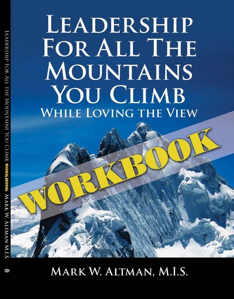“Will you still need me, will you still feed me...When I'm sixty-four?”- Paul McCartney
This week I want to shift gears a bit and talk about something that affects and effects all families in modern society to an ever greater degree, how we care for our loved ones in the twilight of their lives. The first decision that has to be made concerning the loving care for our elderly is to determine when our loved ones need help. For the most fortunate among us, they need very little in the way of help other than the most strenuous of tasks.
The first step in this process then is to talk with your parents about how they envision ageing and what they want their future to look like. This should be a series of conversations, started long before they are necessary. This minimizes the stress and reluctance for both the parent and the adult child. Realize that just because someone gets older, they do not lose their right to make decisions; even decisions you disagree with. Of course, if dementia, depression, or mental illness is suspected then a visit to a gerontologist, meaning a doctor specializing in the care of the elderly, is certainly warranted.
Next, you should do an assessment of how the parent is ageing. Is their overall health good? Do they have hobbies and friends that keep them busy and engaged, mentally and physically? Can they dress, feed and care for themselves? When assessing if an elderly person can safely drive, keep in mind that number of cities have prosecuted elderly people for accidents if they really shouldn’t have been driving. Can they hear their smoke alarms, and can they get out of bed and out of the house in a timely manner if they have to?
Look at the support systems available to the person you are caring for. Do you live nearby or across the US? Do siblings or other willing family members live in town? Do they have access to a Senior Center for camaraderie and maybe counseling? Do they keep a list of emergency numbers near the phone and are they willing to use it?
Something that often complicates matters is if both parents are in need of care and still live together. While this certainly has many rewards, emotional and psychological chief among them, it can also be a great source of stress and a possible challenge. If one partner needs more care than the other, one spouse may try to do too much in caring for their beloved, and in the process hurt themselves. The difficulty of day in and day out care may cause long-term problems as well.
Over the next few weeks, I will continue to explore ageing and the challenges all parties in the process have to face. I will suggest local agencies for hands on help, but the AARP and eHow websites have a great deal of helpful information to get you started.
The great Bette Davis spoke with wisdom when she noted, “Old age is no place for sissies.” As I consistently counsel in these columns, please act with compassion and empathy toward children and the elderly, for surely we have each been in the former group and we all hope to reach the latter.
Tagline: Mark Altman is a speaker and leadership consultant with the Altman Leadership Center. He is the author of a new book, Leadership For All the Mountains You Climb; it may be purchased at Barnes and Noble, Amazon and other on-line retailers. Mark can be reached at mark@taolc.com.
Altman Leadership Center Speaking/Consulting web page
Saturday, April 5, 2008
Subscribe to:
Post Comments (Atom)








No comments:
Post a Comment